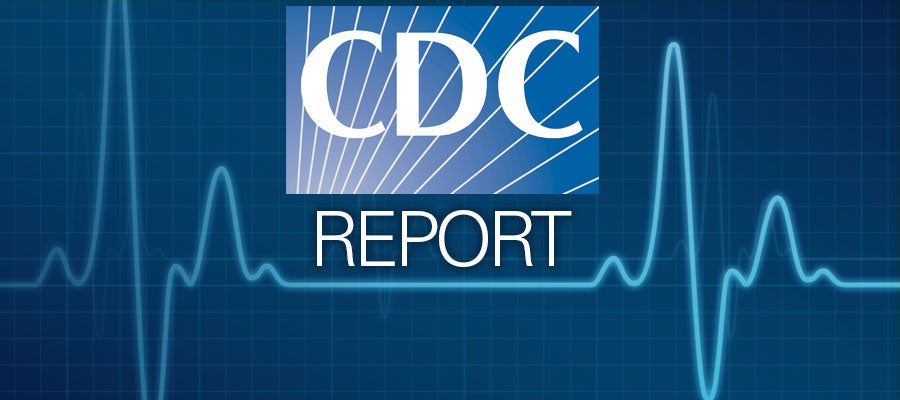In this conversation, Jennifer Richards, Ph.D., assistant professor at the Center for Indigenous Health, Johns Hopkins Bloomberg School of Public Health, and Jennifer Crawford, Ph.D., clinical psychologist and assistant professor at the University of New Mexico Health Sciences Center, discuss the perspectives needed to provide maternal care for Indigenous peoples and the importance of awareness of their cultural and spiritual practices.








